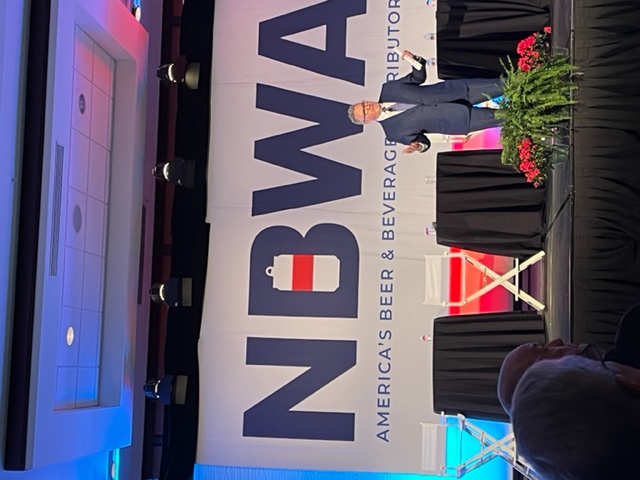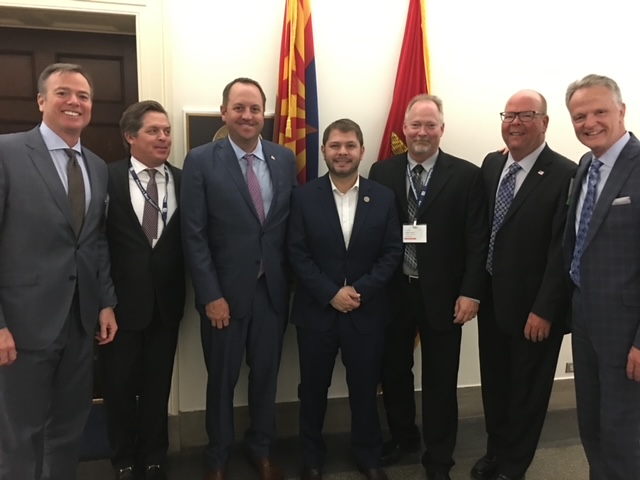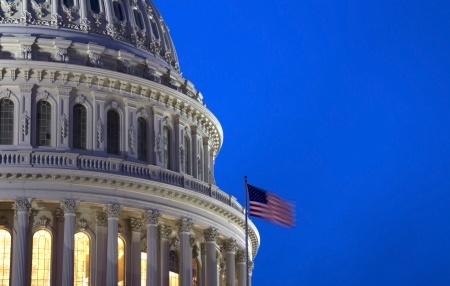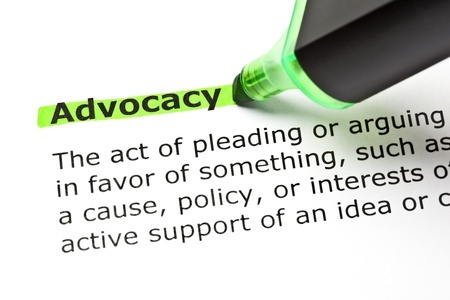BWDA's Public Policy Positions
Maintaining Arizona's current three-tier licensing and distribution system for the sale of beverage alcohol products is crucial to ensuring a safe and orderly marketplace and responsible consumption practices on the part of Arizona's consumers. We have kept Arizona’s regulation of these products modern and relevant, and there is no valid justification for any attempts to dismantle or deregulate the laws and rules under which our state has in place to oversee the proper sale and distribution of socially-sensitive products like beer, wine and spirits. And the laws and rules we have must be administered and interpreted fairly and efficiently, without favoritism or special treatment towards any licensee or any tier.

Excise taxes on beverage alcohol products should not be raised; so-called “luxury taxes” on beer, wine and spirits are regressive and anti-consumer. These consumer products should not be singled out for tax increases to fund any federal or state programs that are for the benefit of the public at large, or for special interests that have no nexus to the beverage alcohol industry. Excise tax increases will only serve to hurt Arizona's vital hospitality and tourism industries and hamper our state's vibrant economy. And, according to a study by the Beer Institute, federal, state and local taxes already represent the largest component of the price of beer in Arizona – over 49 percent!
The sale of beverage alcohol products to consumers over the internet is dangerous and needs to be strictly controlled; so too should be deliveries through unlicensed third parties. Very significant risks exist that outweigh any benefits of permitting the sale of beverage alcohol products to consumers over the internet, perhaps the most serious being the ease and frequency with which minors are able to purchase and obtain such products without proper age-verification consistently being performed.

DUI laws and enforcement efforts should be more focused on repeat and extreme offenders, keeping them from getting behind the wheel of a motor vehicle or boat. We must recognize there are significant risk differences between driving while slightly impaired or distracted (whether from alcohol or drugs, talking or texting on a cell phone, or many other causes), and driving while seriously intoxicated. And we must focus more attention and resources on treatment programs to keep serious offenders from repeating their bad behaviors.
Underage drinking is a problem that needs more parental responsibility and control, and our public policies should not place all of the burdens of abstinence on the retail community.



